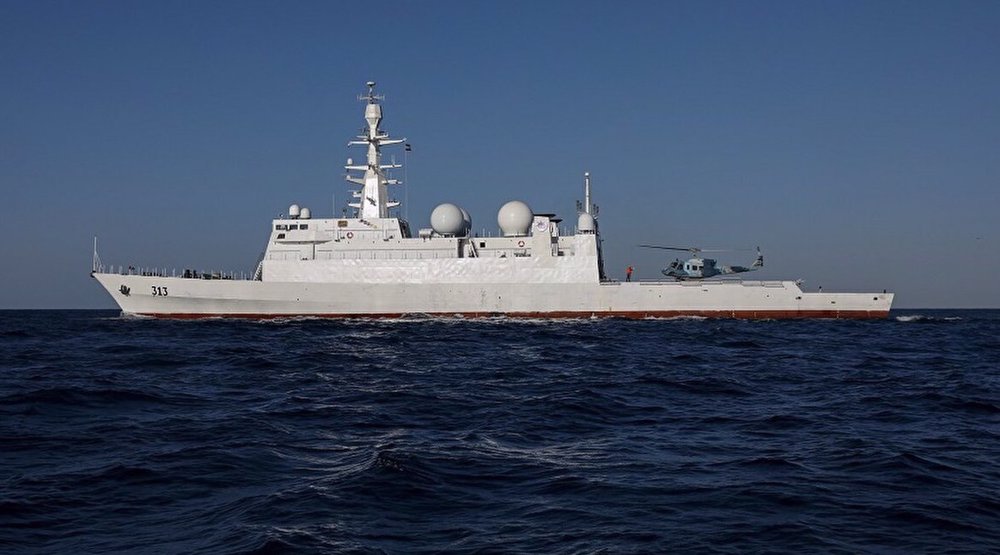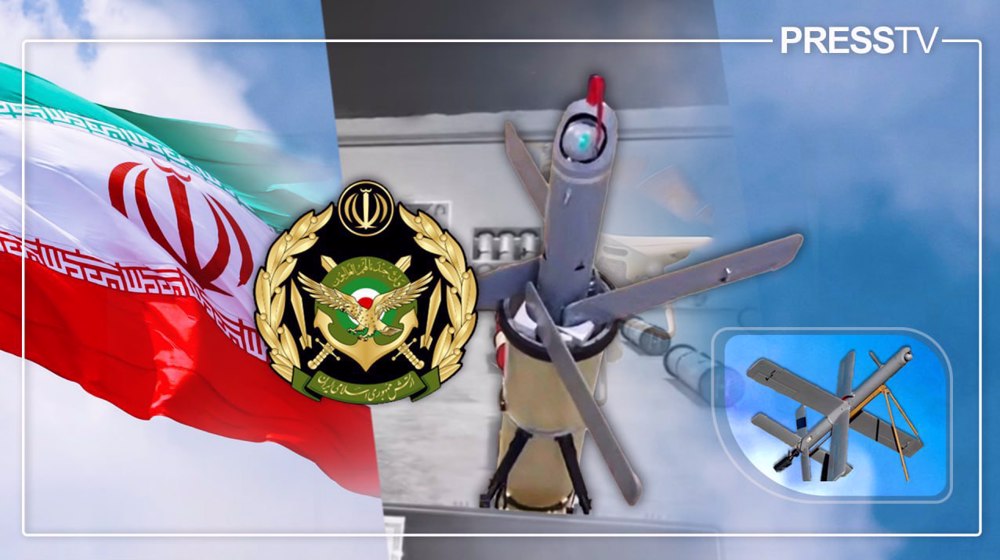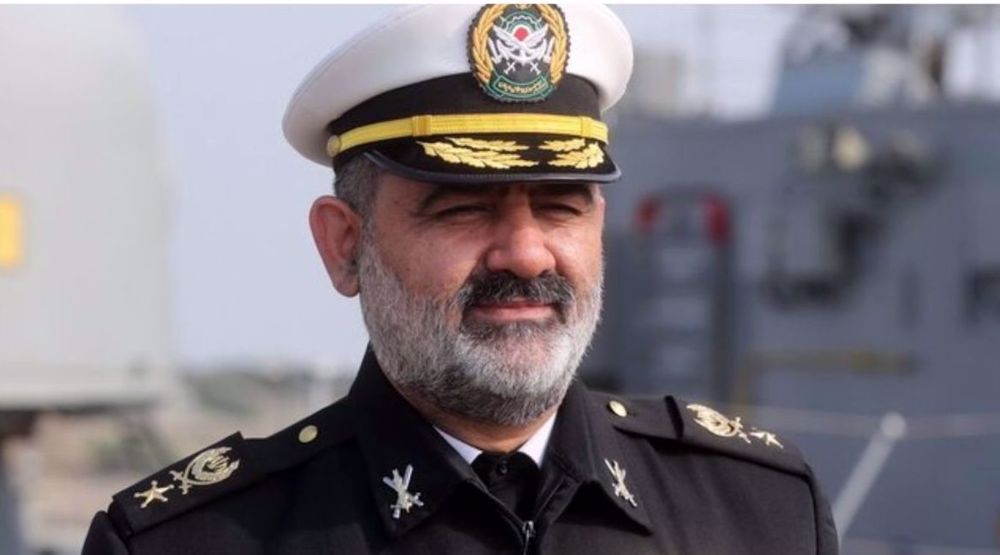IRGC monitoring Hormuz Strait, will respond to violations: Maj. Gen. Baqeri
Chief of Staff of the Iranian Armed Forces Major General Mohammad Baqeri says the Islamic Revolution Guards Corps (IRGC) is fully prepared to defend the Strait of Hormuz in the Persian Gulf and will respond in kind to any violations of international laws governing the strategic waterway.
Speaking at a gathering of IRGC Navy commanders in Mashhad on Wednesday, Baqeri said the force had reached a high level of combat readiness and served as a great deterrence against any wrongdoing in the Persian Gulf.
"The IRGC Navy's preparedness and capabilities unsettle the aggressors before entering the Strait of Hormuz, and [this is why] they have adhered to international laws over the past year," Baqeri said. "And, should they overstep that, they will face the IRGC Navy's response and restraining measures."
Asserting Tehran's will to enhance its power of deterrence, the top general said, "When the enemy sees how vigilant and prepared for battle the IRGC Navy is, it knows that in case of any possible encounter, it will find itself facing a highly successful, modern, competent and steadfast force."
This level of deterrence, Baqeri added, is the direct result of the IRGC's forward thinking and tactical planning which is rooted in years of battle experience during the Iran-Iraq War.
Iran has warned that it will close down Hormuz if the US pushes ahead with a threat to bring the Islamic Republic's oil exports down to zero.
Following his decision in May to withdraw from the 2015 Iran nuclear deal, US President Donald Trump said he would also reinstate all economic sanctions that were removed under the deal while imposing tougher sanctions in near future.
The first round of the sanctions returned last month, against the will of other signatories of the nuclear deal, including Russia, China, Germany, France and Britain. A second round, which is meant to affect Tehran’s oil trade, will take effect in November.
Baqeri's remarks came a day after US Secretary of State Mike Pompeo undermined Iranian officials' stance on Hormuz and said the US would continue to work with its "partners to ensure freedom of navigation and free flow of commerce in international waterways."
The US has deployed troops and warships throughout the Persian Gulf region, with Saudi Arabia, Kuwait, Bahrain and Turkey involved in some aspects of the American military buildup.
The US 5th Fleet is currently deployed in the Persian Gulf with carriers, ships, strike aircraft, sailors and marines and has been involved in periodic confrontations with Iranian forces.
Read More:
However, Iranian military commanders say the US forces typically observe the recommendations of Iran's patrol boats and play by the rules to avoid confrontations.
Iran's air defense force ready for combat
Later on Wednesday, the General Staff of the Armed Forces issued a statement, hailing the country's "great strides" in strengthening its defenses.
The statement, which marked the upcoming 10th establishment anniversary of Iran's Khatam al-Anbia Air Defense Base, noted that the Islamic Republic has developed an "integrated and coordinated" air defense network that spreads all over the country.
"These achievements, combined with the base's impressive reliability and interaction with other branches of the Armed Forces... have provided the Islamic Republic with the means to boost the power of deterrence and increase its combat prowess," the statement read.
This reliable air defense power also allows "hundreds of domestic and international flights" to fly in the safety of Iran's airspace every day, the statement further noted.
Hamas thanks Iran, Resistance Front following achievement of ceasefire in Gaza
'Capitulation': Israeli officials and media concede Gaza defeat as truce unfolds
'Gaza has won': Social media users react to ceasefire with mix of relief, joy
Iran seeks South Korea’s assistance for AI, fiber-optic projects
VIDEO | Iran's 'Eqtedar' (Power) maneuver
Israel hits HTS military target in Syria for 1st time since fall of Assad
VIDEO | Press TV's news headlines
Israel has slaughtered 13,000 students in Gaza, West Bank











 This makes it easy to access the Press TV website
This makes it easy to access the Press TV website